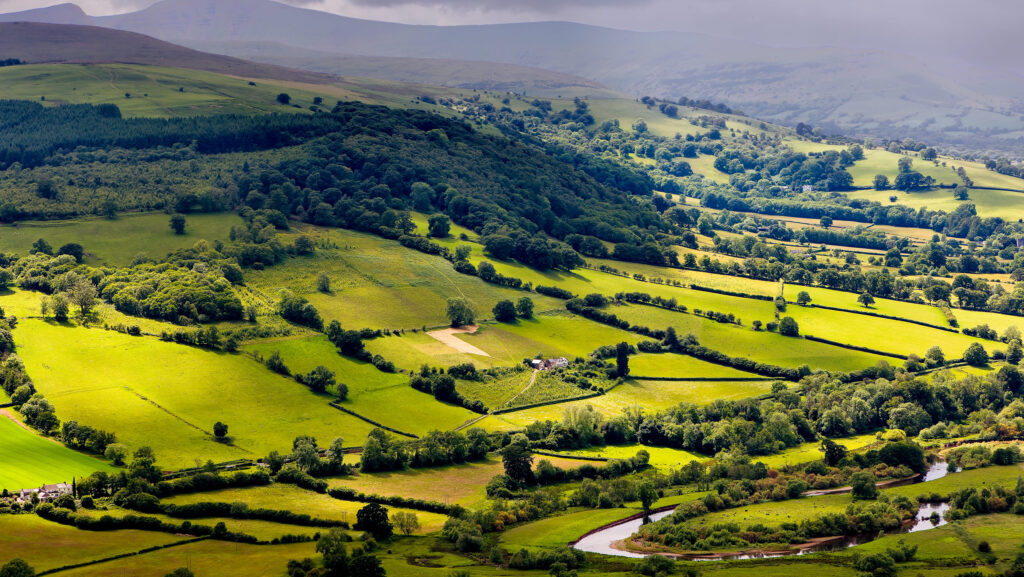Welsh meat sector to join environmental baselining project
 © WhitcombeRD/Istockphoto
© WhitcombeRD/Istockphoto An industry-wide baselining project is looking to recruit a number of beef and sheep farmers in Wales as part of its pilot phase.
The scheme, which was first launched last year by AHDB and Quality Meat Scotland (QMS), has already worked with more than 170 farms across the UK.
Welsh red meat levy body Hybu Cig Cymru (HCC) has now joined forces with the other levy boards to carry out soil analysis and carbon audits on beef and sheep farms in Wales.
See also: On-farm data capture project a environmental ‘game changer’
The project is free to take part in and will give livestock producers run-off maps and detailed insights about the own individual farming systems.
HCC project leader Dr Eleri Thomas said: “Agriculture is recognised as contributing to total emissions.
“However, unlike other industries, Welsh beef and sheep farms have a unique opportunity to sequester carbon while producing a high-quality protein product that is valuable to the human diet.
“This powerful on-farm data will assist in futureproofing the sector, to create up to date and relevant data rather than relying on historic national figures.”
Dr Thomas added: “The project has the potential to demonstrate the broader environmental implications and benefits of producing red meat within Welsh production systems.
“And while also assessing ways for farms to reduce greenhouse gases, build carbon stocks, enhance soil health and support biodiversity.”
An expression of interest form can be submitted on the HCC website and applications should be completed by 28 October.
Early findings
The AHDB and QMS have been out on farm during the past year collecting baseline measurements as a reference point to compare greenhouse gas emissions and carbons stocks over a five-year period.
Bruce McConachie, head of industry development at QMS, said: “By collecting accurate on-farm data, we can start to quantify the contribution Scottish farming businesses make to carbon sequestration and net-zero goals.
“And support farmers in being recognised for their environmental work.”
Aerial Lidar (light detection and ranging) scanning began on farms towards the end of 2024, however QMS says producing reports has taken longer than expected.
There have also been difficulties scheduling access to fields around fertiliser applications, drilling and harvest periods for soil carbon testing on some farms.
The first sets of results is due be published later this year.
